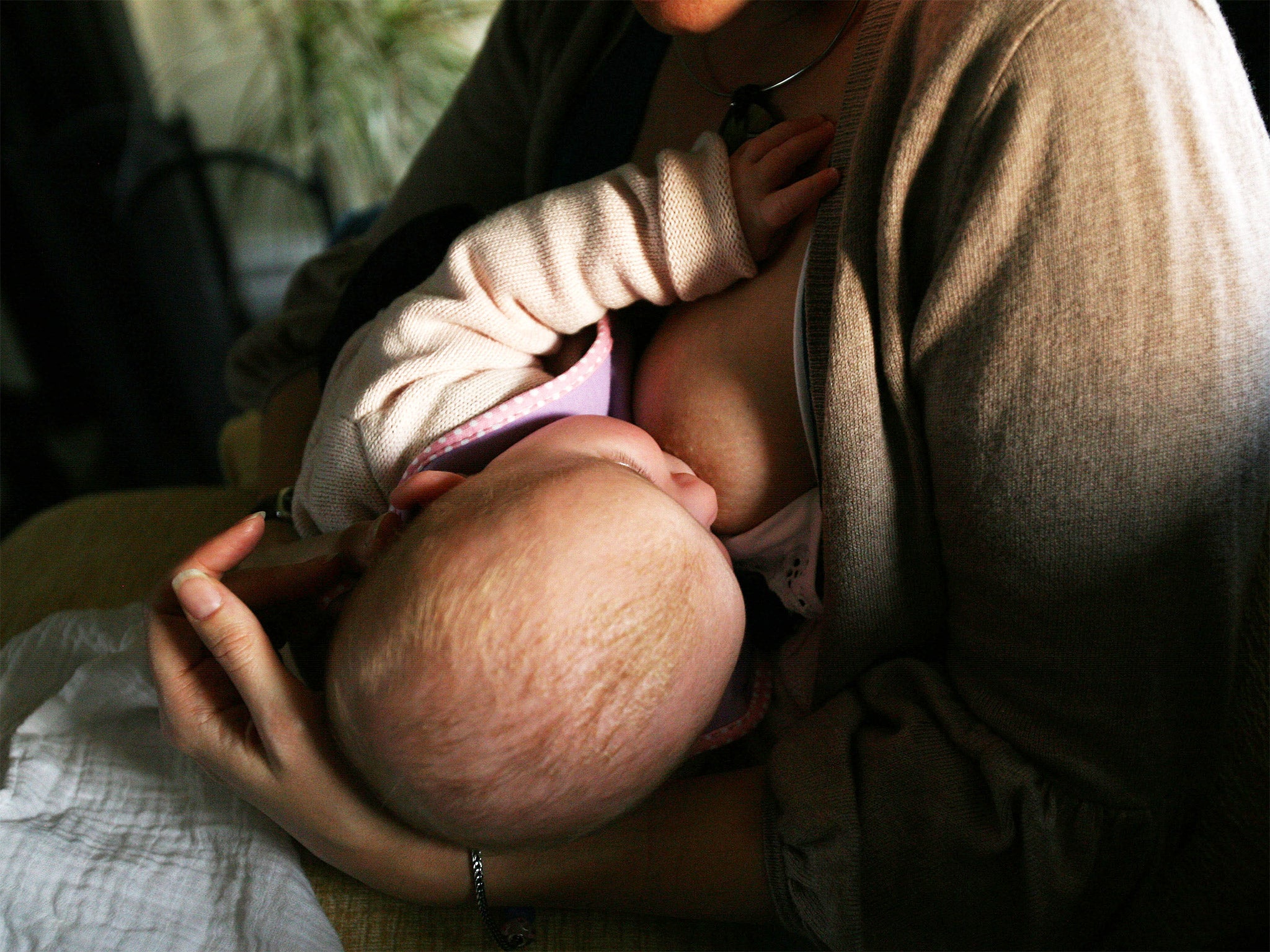Stress hormone cortisol found in mother’s milk could affect social behaviour of children after weaning
Scientists studied the effects of the hormone on female rhesus monkeys and their infants

Your support helps us to tell the story
From reproductive rights to climate change to Big Tech, The Independent is on the ground when the story is developing. Whether it's investigating the financials of Elon Musk's pro-Trump PAC or producing our latest documentary, 'The A Word', which shines a light on the American women fighting for reproductive rights, we know how important it is to parse out the facts from the messaging.
At such a critical moment in US history, we need reporters on the ground. Your donation allows us to keep sending journalists to speak to both sides of the story.
The Independent is trusted by Americans across the entire political spectrum. And unlike many other quality news outlets, we choose not to lock Americans out of our reporting and analysis with paywalls. We believe quality journalism should be available to everyone, paid for by those who can afford it.
Your support makes all the difference.Cortisol, the stress hormone found in mother’s milk, may affect the social behaviour of children long after they are weaned, new research suggests.
Research carried out by the US National Institute of Child Health and Human Development tested the effects of cortisol levels on the 26 female rhesus monkey infants.
Scientists found that the babies suckled on milk containing higher levels of cortisol appeared to be less impulsive at the age of six months.
The baby monkeys were tempted with marshmellows by the scientists to test their impulsivity.
Scientists also found an association between higher levels of cortisol and less initiation of social behaviours in the male babies, such as grooming and play.
Last year it was discovered that the levels of cortisol in breast milk can vary between mothers and that the hormone affects sons and daughters differently, while previous studies have linked high levels of the hormone to a more nervous temperament in both monkeys and humans.
“Collectively, our results point to a role for hormones in mother’s milk, beginning at birth, in subsequent infant neurological and behavioural development. Future studies will be able to draw upon these results to determine the mechanisms of this type of programming,” the researchers wrote.
The scientists believe it could be possible to discover the early biological mechanisms involved in brain development through further research into mother’s milk, and also to the development of better instant formula.
Additional reporting by PA
Join our commenting forum
Join thought-provoking conversations, follow other Independent readers and see their replies
Comments